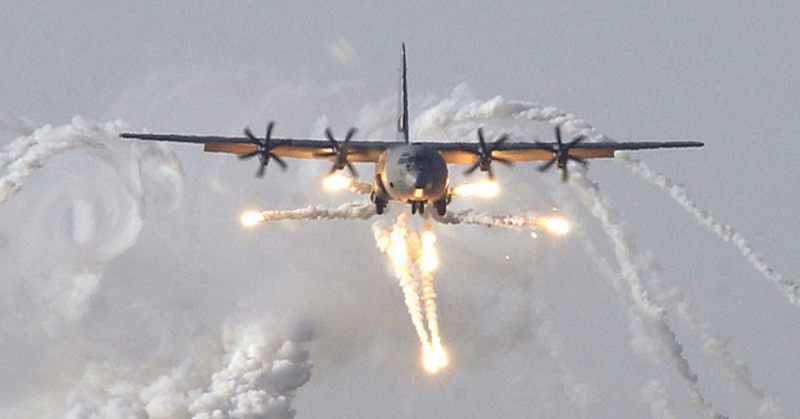451 AD: Romans Defeat Attila the Hun at the Battle of the Catalunian Plains
Flavius Aetius had signed an agreement allowing the Huns to settle in Roman territory. It was a decision he would soon regret. The Huns were a large nomadic tribe and Attila, the King of the Huns was one of the most infamous warriors in history.
Soon after the treaty was signed, he disregarded it and went full force into Gaul with a large Hunno-German army, leaving a wake of sacked and razed villages. However, Aetius successfully persuaded King Theodric I of the Visigoths to join the Romans in fighting this external menace.
They were victorious in the end, but the sheer devastation that Attila caused with his scorched earth tactics prompted a financial crisis, during which Rome could not afford to pay off their Barbarian mercenaries anymore. The Goths and the other mercenary tribes started demanding payment in lands instead, which began a downward spiral toward the Western Roman Empire’s fall in 476 AD, when a Scirian Warlord named Odoacer deposed the last Roman Emperor.
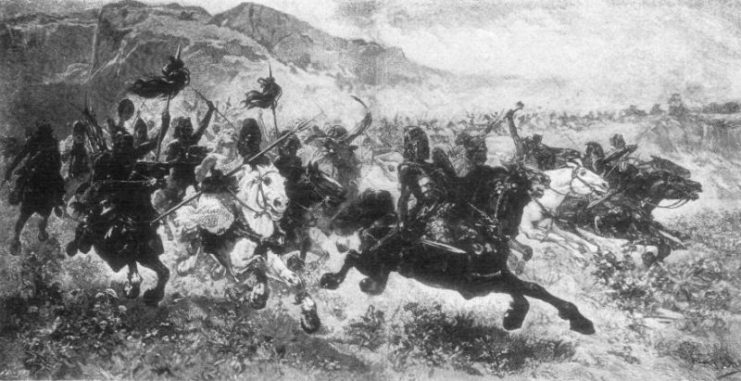
Read another story from us: When Ancient Gods Collide: Attila the Hun and Flavius Aetius
1854: Battle of the Alma River in the Crimean War
It was fought along the Alma River in Crimea by the Imperial Russian Army against British, French and Turkish troops, and it was one of the first battles in which rifles were used instead of muskets. The French Minié rifle, a muzzle loading rifle fired by a cap, was the British weapon of choice. The Russian general, Prince Menshikov, led an uninspired battle, entrenched along Kourgané Hill and covered by 8 heavy siege guns while waiting for his enemies.

But the Russians’ frontline was full of holes and vulnerable to naval bombardment. When the attack started, Lord Raglan, commander of the British troops, charged forward through an opening and rode up to a promontory below Telegraph Hill, so that he was now actually leading the battle from behind enemy lines.
That made British troops push further and faster than anticipated, and in an era devoid of communication devices, that resulted in the naval bombardment falling on British troops, affecting morale. Nevertheless, the battle was won by the Allies.
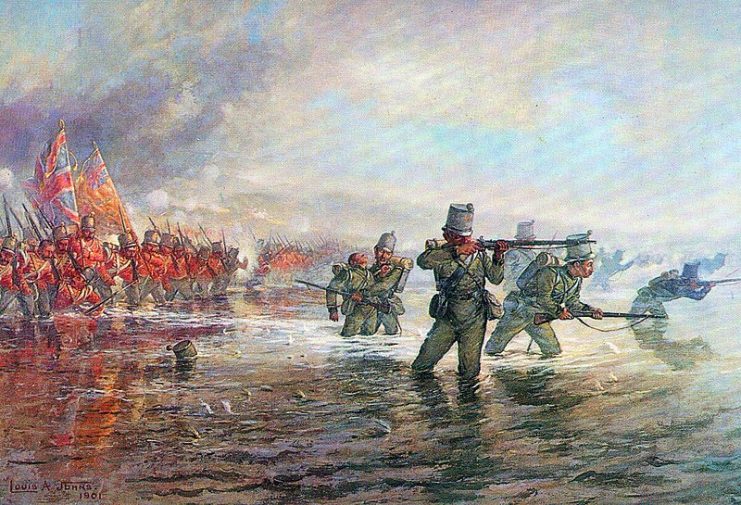
Read another story from us: Magnificent, but Not War: George B. McClellan in Crimea
1942: UK Restricts Water Usage
During WWII, Great Britain was having trouble getting supplies, especially fuel, which was needed to provide electricity and water in most cities. On September 20, 1942 an announcement was made: every household was to bathe in no more than 5 inches, or 12.7 centimeters, of water. Lines were drawn on bathtubs and the Royal family themselves advocated for the measure.
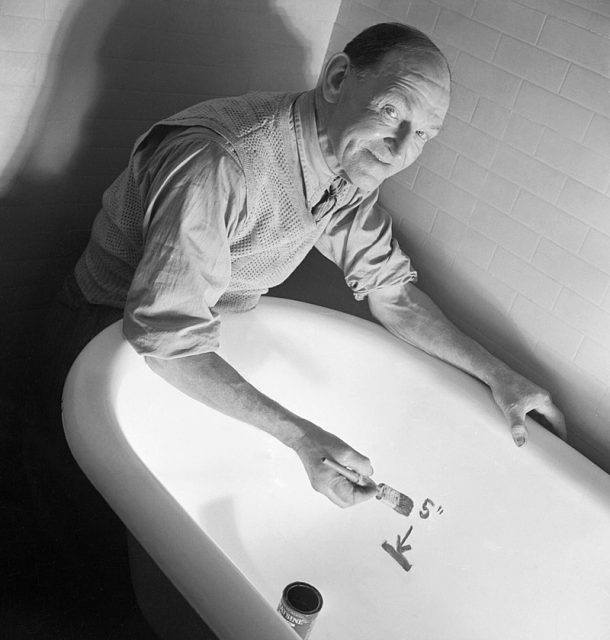
Read another story from us: How Britain was Unprepared for World War Two
2001: President Bush declares “War on Terror” to the U.S. Public
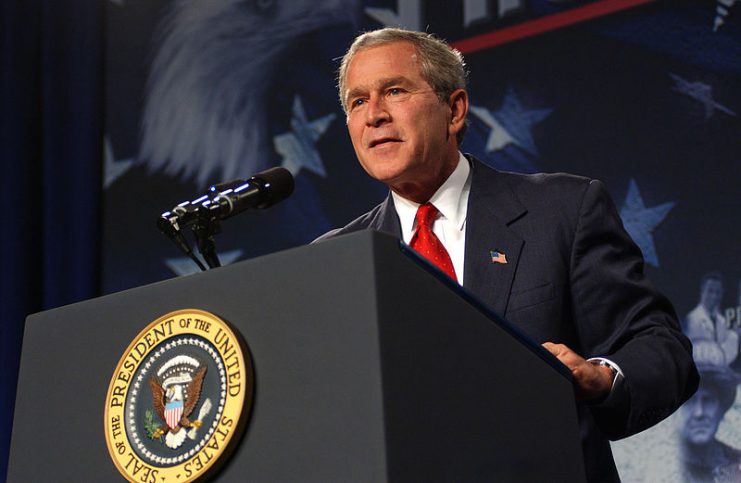
Despite the fact that Authorization for Use of Military Force against Terrorists was already a law, September 20, 2001 was the date in which Bush gave an iconic speech to the American public.
On the same day he would also deliver an ultimatum to the Taliban government in Afghanistan, effectively starting the execution of Operation Enduring Freedom, also known as the War in Afghanistan.
